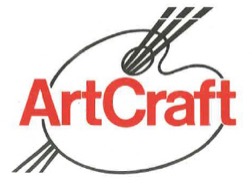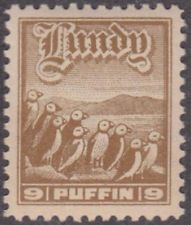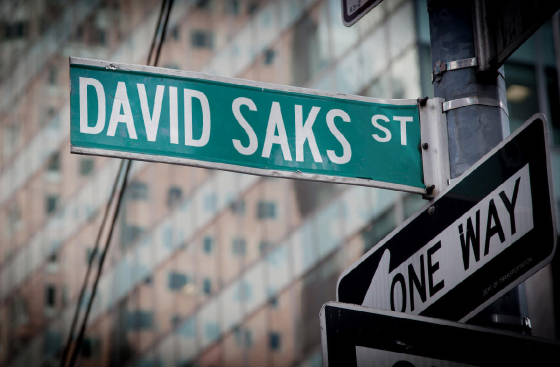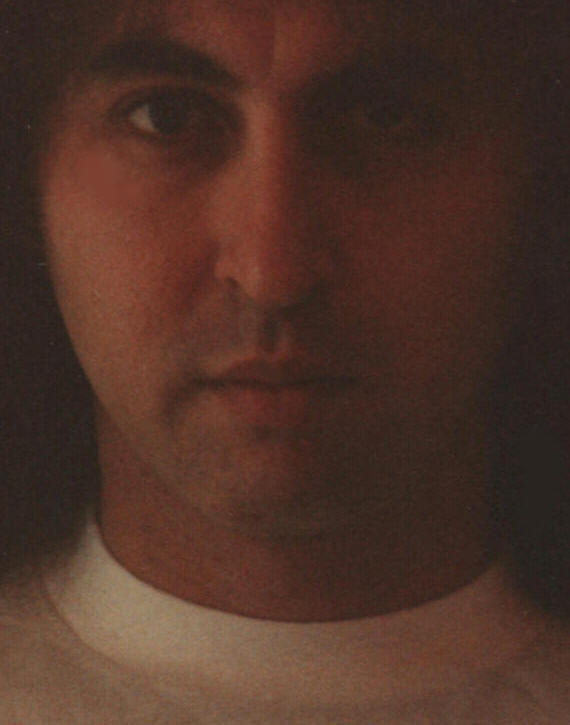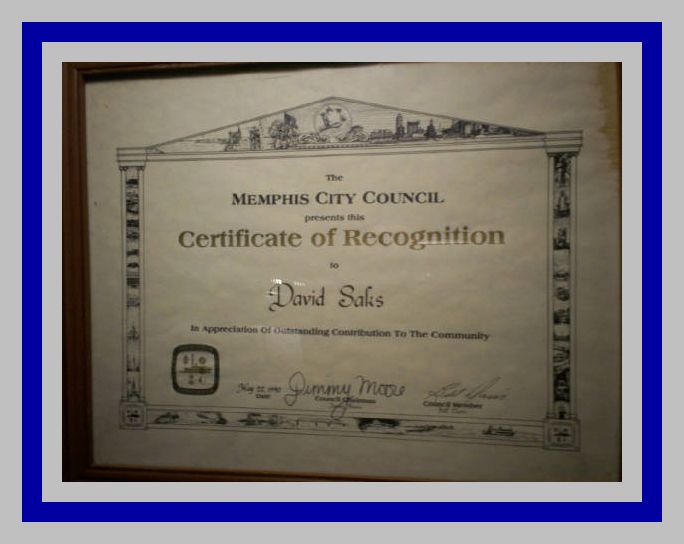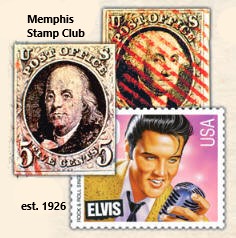|
|
Wednesday, February 26, 2020
Would You Live Here ?
12:01 pm cst
Friday, February 7, 2020
The Wojakowski Covers - Chicago to Berlin - June 16, 1939The U.S. Regular Issues of 1922–31 were a series
of 27 U.S. postage stamps issued for general everyday use by the U.S. Post office. Unlike the definitives previously in use,
which presented only the Washington or Franklin images, each of these definitive stamps illustrated a different president
or other subject relevant to the nation. Washington and Franklin were confined to a single denomination. The Presidential Issue, nicknamed the "Prexies" by collectors,
was the series of 32 definitive postage stamps issued in the United States in 1938 that featured all 29 U.S. presidents who
were in office between 1789 and 1928, from George Washington to Calvin Coolidge. These two historical covers, mailed by stamp collector Olga Parreiter of Chicago, include examples
from both the United States Regular Issues and the Presidential Issues, the Prexies. The first cover has 15 examples of the stamps. The second, 12 including the dollar denominations.
The total cost of the first was On dollar and one half cent. The cost of the second, 10 dollars and ten cents. The paid special
delivery fee on the second cover, 20 cents. The total, 11 dollars, thirty and one half cent. The covers, mailed from Chicago, Illinois to Berlin, Germany on June 16th, 1939, were sent to Leo
Wojakowski two and one half months before Hitler's invasion of Poland on September 1, 1939, the date of the beginning of the
Second World War. It is believed that the airmail
cover contained funds for Mr.Wojakowski to provide for his escape from Germany. The consensus among mid-south philatelists is that Leo Wojakowski, most likely of Polish descent,
escaped the tyranny of Nazi Germany thanks to these two remarkable covers. As they were discoverd in the United States, I
believe that he made safe passage to our shores, thank God. 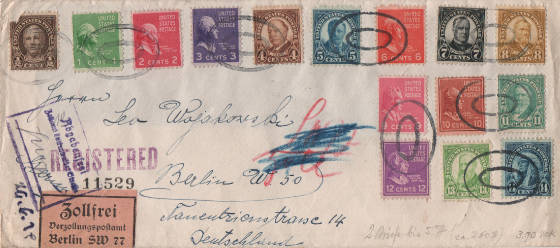
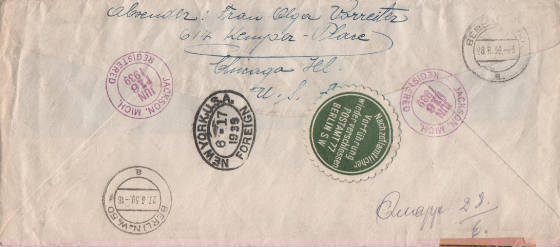
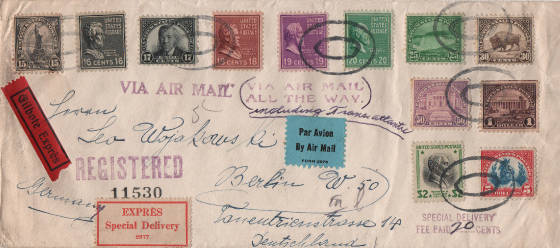
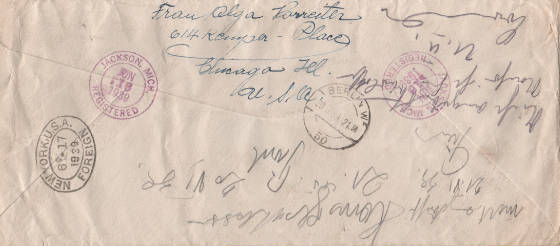
I own them.
|
|
For the next few weeks I'll be talking
about the first day covers of ArtCraft along with everything else.
ArtCraft closed it's doors recently after 76 years of making philatelic history.
I'm predicting a sudden, salubrious escalation in the value
of the ArtCraft cachet, all ArtCraft first day covers and ArtCraft portrait cards.
Including those connected to the Postal Commemorative Society
Their departure signals the end of an extraordinarily crucial,
very important, highly significant and exceedingly meaningful period in philately
A mournful signal which will be heard around the world and
lamented throughout the multitude of collectors
Leo
and Sam August treasured their associations with the world's greatest philatelists
Leo's contributions to our hobby were significant enough
to earn the coveted Luft Award and a place in the American Philatelic Society Hall of Fame.
ArtCraft has well-earned it's place in the great chronological
record in the history of philately.
Their
raised ink, line-engraved intaglio printed cachets rank among the most aesthetic in the world.
ArtCraft cachets are not just beautiful.
They are works
of art that showcase the wonders of the world and illuminate the powers of human creativity and ingenuity.
The Coober Pedy Cover
One of the World's Great Philatelic Rarities
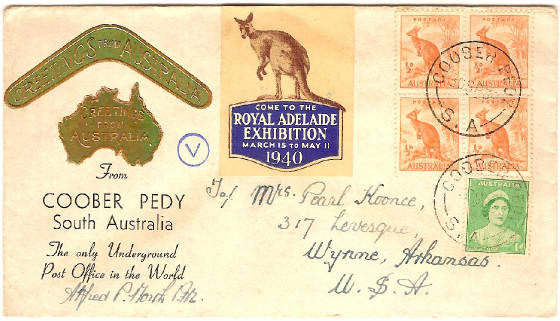
Could this become la pièce
de résistance de toute la modern Australian philatélie ?
Coober Pedy is a town in northern South Australia. The town is sometimes referred to as the "opal
capital of the world" because of the quantity of precious opals that are mined there. Coober Pedy is renowned for its
below-ground residences,called "dugouts", which are built in this fashion due to the scorching daytime heat.
The name "Coober Pedy" comes from the local Aboriginal term kupa-piti, which means "white man's hole".
Opal was found in Coober Pedy on 1 February 1915; since then the town has been supplying most of the world's gem-quality
opal. Coober Pedy today relies as much on tourism as the opal mining industry to provide the community with employment
and sustainability. Coober Pedy has over 70 opal fields and is the largest opal mining area in the world.
Coober
Pedy - no village, no buildings, no roads, just desert, mountains dotted with boulders. A bizarre lunar landscape, but
for opal seekers is the most exciting place on earth, where again every day is the true challenge, happiness and luck just
a shovel width apart and where life is defined by two words: winners and losers. Coober Pedy, grab your hat, throw it
into the air and where it lands start digging !

“The Scott
Numbers are the copyrighted property of Amos Press Inc., dba Scott
Publishing Co. The marks Scott and Scott’s are Registered in the U.S. Patent and Trademark Office,
and are trademarks of Amos Press, Inc. dba Scott Publishing Co. No
use may be
made of these marks or of
material which is reprinted from a copyrighted
publication
of Amos Press, Inc., without the express written permission of Amos
Press, Inc., dba Scott Publishing Co., Sidney, Ohio 45365.”

